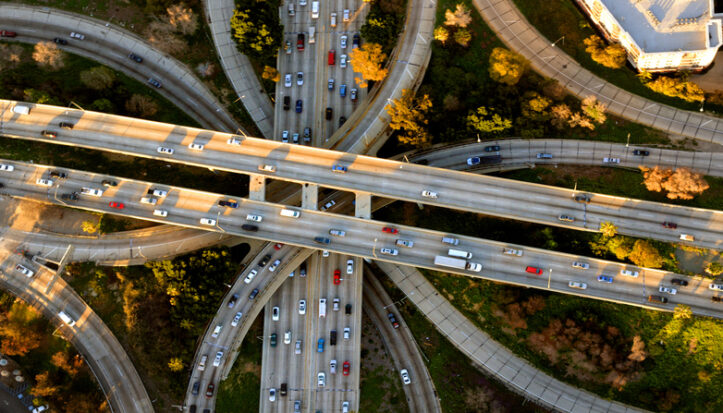
How New Speed Cap Legislation Could Revamp Car Accident Litigation
In the near future, California may introduce a cap on how fast new cars can go, potentially making it impossible to drive a brand-new vehicle at speeds exceeding 80 mph. This initiative stems from a bill proposed by State Senator Scott Wiener, targeting a reduction in vehicular speeds to no more than 10 mph above the state’s highest speed limit of 70 mph.
Titled the Speeding and Fatality Emergency Reduction on California Streets (SAFER California Streets), the bill package, including SB 961 announced this Tuesday, suggests implementing speed governors on new vehicles from the 2027 model year onwards. These cars and trucks would be equipped with technology to electronically limit speeds to the specified maximum.
Exceptions are made for emergency vehicles, and there’s mention of a feature allowing drivers to temporarily override the speed limit, although details on when this could be used remain vague. The legislation also permits manufacturers to deactivate the limiter, likely only for emergency vehicles. Additionally, the California Highway Patrol Commissioner could authorize deactivation of these limiters at their discretion.
Wiener believes this measure is reasonable, highlighting the general public’s support for speed limits due to the associated risk of high-speed driving. The bill aims to tackle the significant rise in traffic deaths in California, which saw a 22% increase from 2019 to 2022, with speeding-related fatalities also on the upswing both statewide and nationally.
Should this bill become law, California would lead the nation in mandating speed-limiting technology in vehicles, sparking speculation about other states possibly following suit.
Implementing a cap on speed limits, as proposed in the recent legislation by state senator Scott Wiener, could significantly alter the landscape of road safety and consequently impact the work of a Fontana car accident lawyer in several ways:
1. Decrease in High-Speed Collisions: Capping speeds at 80 mph aims to reduce the occurrence of high-speed accidents, which are often more severe and deadly. For a car accident attorney in Fontana, this could mean a shift in the nature of cases they handle, with potentially fewer cases involving catastrophic injuries or fatalities stemming from high-speed crashes.
2. Changes in Liability Assessment: With the introduction of “intelligent speed-limiter systems” in vehicles, questions around liability and fault might become more complex. Attorneys may need to delve into whether these systems were functioning correctly at the time of an accident or if any malfunctions contributed to the crash. This could lead to an increase in cases involving product liability claims against manufacturers, in addition to traditional negligence claims against drivers.
3. Impact on Settlements and Verdicts: The severity of injuries is a significant factor in determining the compensation awarded in car accident cases. If the implementation of speed caps leads to a reduction in the severity of accidents, this could, in turn, influence the average settlement amounts and jury verdicts. Attorneys might need to adjust their strategies for negotiating settlements or presenting cases in court.
4. Legislative and Regulatory Focus: As California could become the first state to require speed-limiting devices, a Fontana car accident attorney might also find themselves at the forefront of interpreting new laws, regulations, and their implications for road safety and personal injury law. This would necessitate staying abreast of legislative changes and potentially advocating for clients in uncharted legal territory.
5. Educational Roll: Attorneys could play a crucial role in educating the public, clients, and other legal professionals about the implications of the new speed cap laws. They might need to explain the legal ramifications of the intelligent speed-limiter systems, including how compliance or non-compliance affects liability in car accidents.
In summary, the proposed cap on speed limits could significantly influence the nature of car accident litigation in Fontana, necessitating that attorneys adapt to changes in case types, liability assessment, and the legal landscape. This could also underscore the importance of technological understanding and legislative advocacy in their practice.


